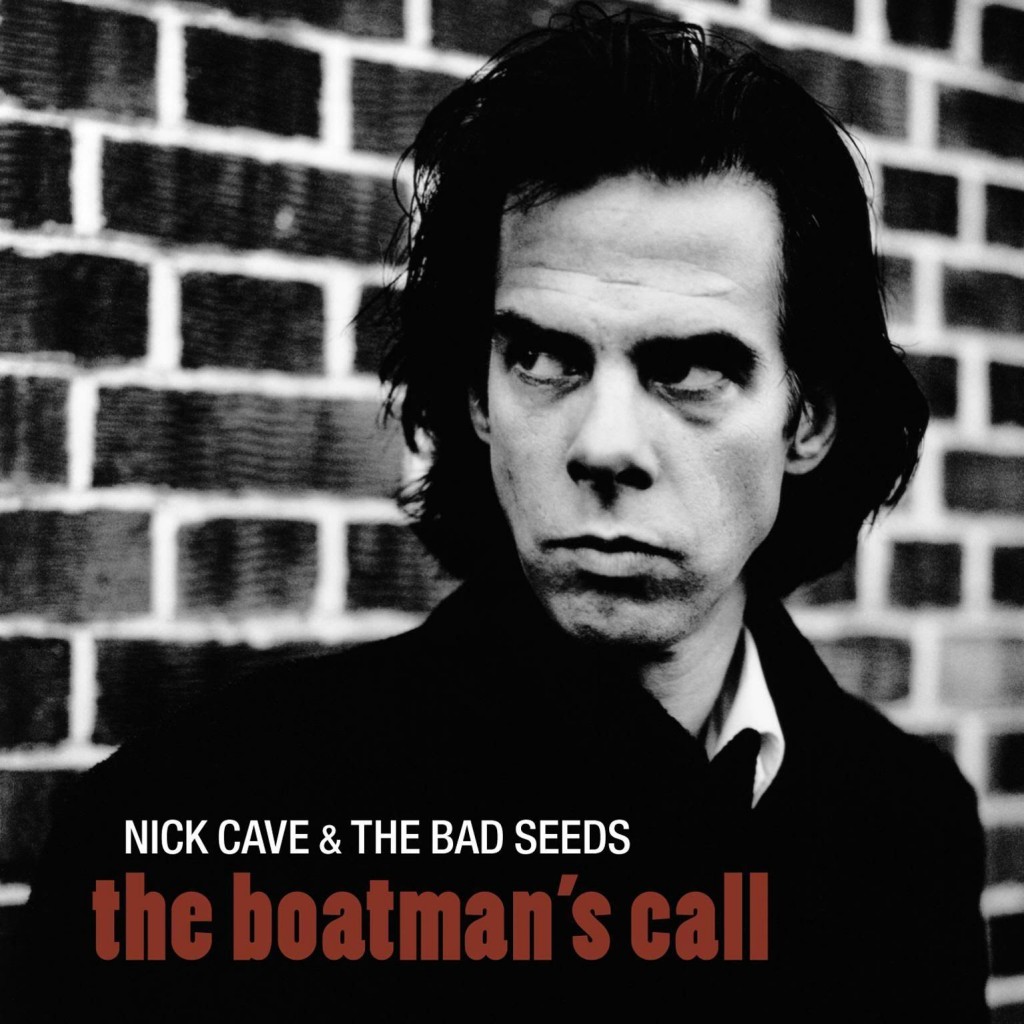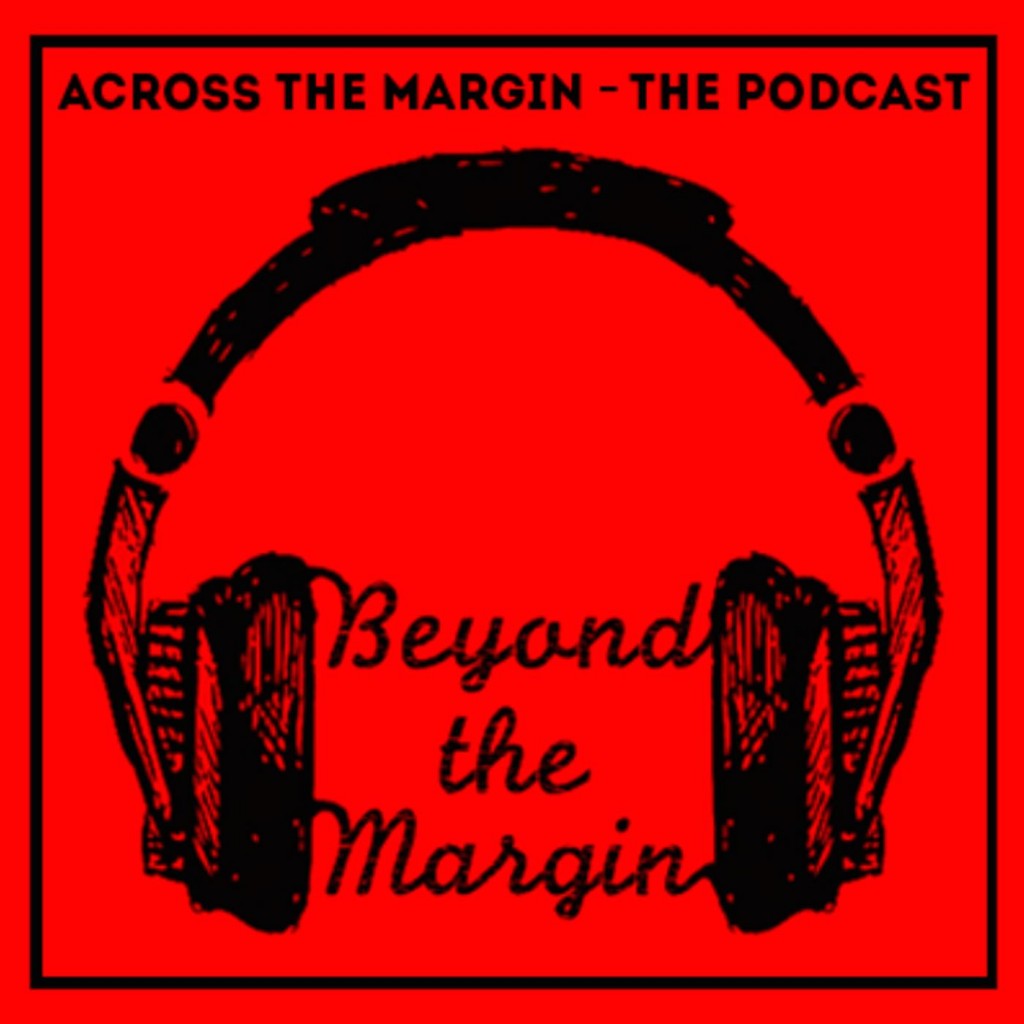A look back at the album that set the stage for Wilco’s rich, genre-blending sound….

by: Chris Thompson
My love affair with Wilco goes back to my college years. To that dynamic period of time in my life defined by endless change flush with the colorful blur of new experiences, new interactions and new perspectives. It was a prolific period of time musically as well, with splendid albums like Life After Death, OK Computer, The Mollusk and The Lonesome Crowded West making the rounds. My musical education during those years away at school paralleled my academics, and I look fondly back on that span of time in the late nineties as a chapter in my life when the foundations for my love-affair with music were firmly set.
“You ever heard of Yo La Tengo?” I remember a tall, raven-haired kid named Matt asking me one day during my freshman year. Matt’s dorm room was down the hall from mine and he always kept his door open, calling out to people as they passed.
“No. Are they any good?” I stopped to ask.
“Any good? They’re like the greatest band in the world. Outside of the Velvet Underground of course.”
“Of course.”
“You should check out their latest album, I Can Hear the Heart Beating As One. There’s this one song on it called “Autumn Sweater” that just absolutely kills. It’s got this hot little drum beat in the middle that just makes the song.”
“Sure man, why don’t I go grab a cassette tape and you can make me a copy?”
“Anytime. My music is yours. How about Wilco? You ever heard Jeff Tweedy channel Neil Young while he strums out his country guitar on their album A.M.?”
“Nah, I haven’t.”
“What? Oh you gotta check them out! Come on in here, I’m gonna play you a song that will change your life.”
That song Matt played for me was called “Passenger Side,” off of Wilco’s March 28th, 1995 debut album A.M. And to this day, that song, and the nostalgia I have for the hours spent getting high and melting into my couch as Wilco and I became one, still reminds me of the moment in Matt’s room when Wilco and I first became friends. While not a seminal, or as well-performing album compared to industry successes like Wilco’s Yankee Hotel Foxtrot or the Grammy Award winning A Ghost Is Born, A.M. is an absolutely fantastic album. Within its thirteen tight-little songs can be found singer-songwriter Jeff Tweedy’s final send-off before Wilco turned to the studio and began to experiment and produce the fine musical content that we know today.
The Wilco of twenty years ago was helmed by its young and talented frontman Tweedy, struggling to take his bandmates in a new direction as they nursed their wounds following the sudden breakup of Uncle Tupelo, their former band. Uncle Tupelo was an alternative country band formed by Tweedy, Jay Farrar and Mike Heidorn in Belleville, Illinois in 1987 that saw them putting out three albums under the name with Rockville Records. Gaining notice in the alternative country scene because of their diverse sound, ranging from hardcore punk to Hank Williams (and especially because of the widely-influential album No Depression), Uncle Tupelo ultimately signed with Sire Records, expanding to a five-piece band as they began to craft their first major label debut. Following the release of that album in 1993, the excellent Anodyne, Farrar made the abrupt decision to suddenly leave the band, citing his differences with Tweedy as the primary concern.
Released shortly after the sudden breakup of Uncle Tupelo ((Jay Farrar went on to form Sun Volt with Uncle Tupelo co-founder Mike Heidorn while Jeff Tweedy and the remaining members formed Wilco.)), A.M. comes in at forty-four minutes long, and packs thirteen conventional, country-rock songs that display an album (and a band) that wears its heart fully on its sleeve. Channelling a lot of the successes it experienced with Uncle Tupelo, A.M. was not an album that was looking to push the musical boundaries of its genre or try too hard to make a big name for itself outside of the borders of its Uncle Tupelo-centric world. But buried within the confines of those thirteen classic tracks are the beginnings of a sound that would to come to help define Wilco for years to come, the type of alt-country, down home indie rock that made me fall in love with them as a band.
If I had to make a list of my All Time Favorite Wilco Songs, only one from A.M. would crack the Top Ten: “Passenger Side.” The track comes late in the album, rewarding the listener with a slowed-down drunken road anthem that functions as an allegory of the American outlaw and what the consequences of losing control over one’s destiny can mean. As Jeff Tweedy’s unmistakable nasally, emotion-tinged voice sings “Hey, wake up, your eyes weren’t open wide/ For the last couple of miles you’ve been swerving from side to side/ You’re gonna make me spill my beer/ If you don’t learn how to steer,” the song whisks me back to my college years, and to the light-hearted adventures I had with my schoolmates out on the open road. A.M. has grown to become one of my staple albums for long drives and road trips and nothing fills me with as much pleasure and content than a summer drive with the windows down and Jeff Tweedy’s raspy voice drifting in on the warm, scented air. A good friend of mine once told me “Passenger Side” was his favorite Wilco song of all time. He went on to say that it was a song he’d want to be singing with friends around a fire or in a warm living room until the day he died. A more perfect description of the magnetism present in “Passenger Side” I could not imagine, and the song is a prime depiction of Wilco’s early songwriting prowess, representing a perfect encapsulation of the bands influences at the time. Country heavy, with a rich layering of mandolin, guitar and fiddle, this deep cut is a perfect example of what an early, post-Uncle Tupelo Jeff Tweedy was trying creatively to have Wilco be.
“Casino Queen,” is a loud, rancorous, alcohol-fueled honky tonk number that is in stark contrast to the music that Uncle Tupelo used to make. The biggest departure on the album from their former sound, “Casino Queen” expertly channels The Rolling Stones “Honky Tonk Woman” and shows Wilco flexing their muscles musically. In hindsight, and with lyrics like “I always bet on black, blackjack/ I’ll pay you back/ The room fills with smoke and I’m already broke/ And the dealer keeps on joking as he takes my last token,” this playful, jukebox rocker is light years away from the eclectic indie rock style that Wilco would ultimately attain, but that it perfectly fine with me as there is always room in my life for a good old fashioned Wilco alt-country jam. And while “Casino Queen” is by far the most rocking-out song on A.M., it’s not so much so that it still isn’t firmly rooted within the confines of their post-Uncle Tupelo slant.
Kicking off A.M. with a fever, “I Must Be High” is an almost perfect, straight-forward country-rock song with light, airy arrangements and an aura of nostalgia that showcases Tweedy’s early singer-songwriting skills. Some say the song is Wilco’s emotion-tinged opening shot at Jay Farrar (who Tweedy blamed for the break-up of Uncle Tupelo) and lyrics like “You never said that you needed this. Now you’re pissed that you missed, the very last kiss from my lips. And I must be high, to say goodbye” could easily be construed as such, displaying the lingering regret surrounding Uncle Tupelo’s demise. But it could just as likely be the sort of lyrical template that Tweedy uses time and again to explore the idea of romantic misjudgment, and the repercussions of lost love throughout Wilco’s many songs. Which ever way the axe falls is fine by me, as songs like “I Must Be High” capture perfectly the beauty and infectious melodies that define Wilco’s no-frills, welcoming sound.
While there are many more tracks on A.M. that are worthy to discuss in the context of Wilco’s early sound, I’d be remiss if I didn’t take the time to note that A.M. was the first and last Wilco album recorded in a purely alternative country-style, with all of its tracks displaying a radio-friendly, straightforward country-rock feel. It was an album that tried not to alienate itself too far from its fanbase established under Uncle Tupelo’s reign, yet still distance itself somewhat from their previous musical ventures. Uncle Tupelo’s small but loyal fanbase was devastated by their bands break-up and Jeff Tweedy has been quoted as saying that A.M. was “[like] trying to tread some water with a perceived audience.” Looking back now on how fragile of a band Wilco was at the time, I can sympathize with their reluctance (or inability) to really lay it all out on the line. But I can also respect the fact that this was the album that proved to Uncle Tupelo’s fans that Tweedy could write quality, rocking music without the assistance of Farrar, who was perceived as the driving musical talent. Jeff Tweedy and Wilco were just getting started with A.M., and twenty years later, with Wilco’s sound and Tweedy’s songwriting at its peak and flush with wisdom and maturity, it’s a nice break every now and then to go back and revel in the deep-cuts that started it all.
Often referred to as the American Radiohead because of their wealth of stylistically diverse songs and seemingly multiple identities, Wilco has proven time and again their mastery of a diverse genre of musical forms. From the light-hearted beach-thumping stylings of the Beach Boys, to the honky-tonk rhythms of The Band, and from the stripped-down punk-laden sounds of Television to the straightforward gut-punch of the heydays of rock and roll, Wilco has proven to us that they can play it all. And well. But it all begins with A.M., the alt-country, slow-paced blues album where Jeff Tweedy displayed his talents for employing crisp instrumentals to create an impeccable, tightly-constructed collection of songs filled with catchy, melodic tunes. It was the album where Wilco, despite a rush to release an album to capitalize on the long-overdue acclaim of Uncle Tupelo’s Anodyne, succeeded in doing just the opposite, confidently embracing their independence and attaining a success all their own. And if A.M. can be considered the catalyst that set their musical world aflame, allowing them give us gloriously transcendental hits like “Ashes of American Flags” ((“I wonder why we listen to poets, when nobody gives a fuck?”)) from Yankee Hotel Foxtrot or the feedback-tinged, poppy hit “Dawned On Me” from The Whole Love, then it will always have a special place within my heart.





